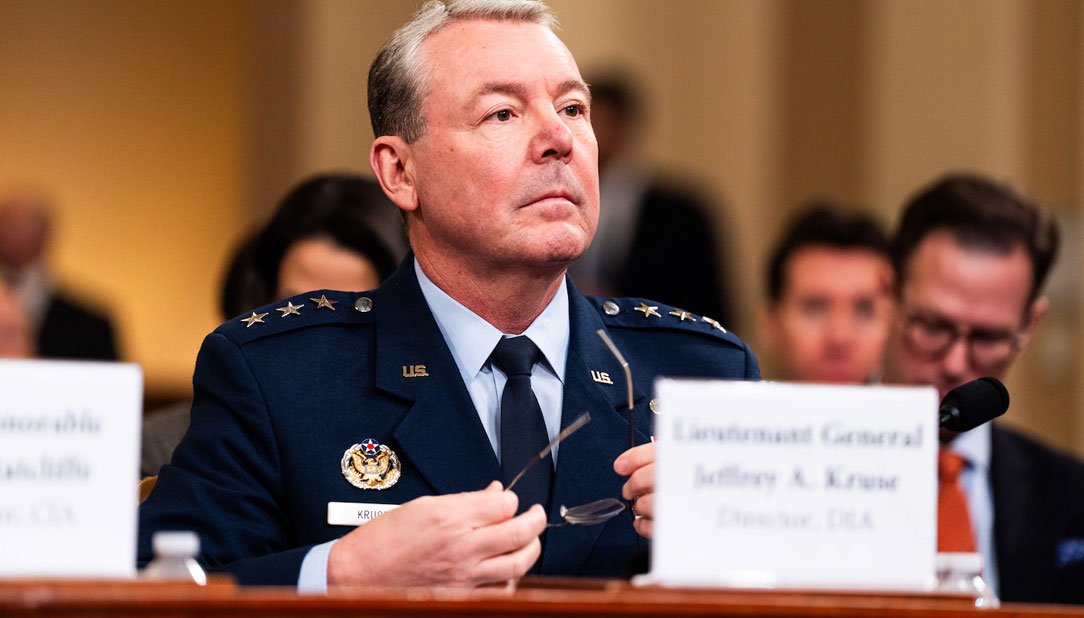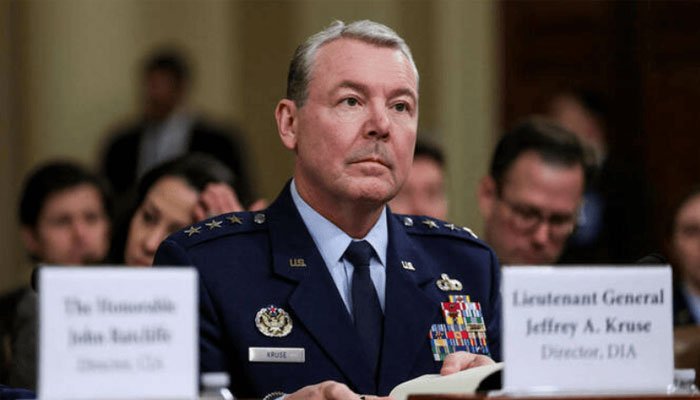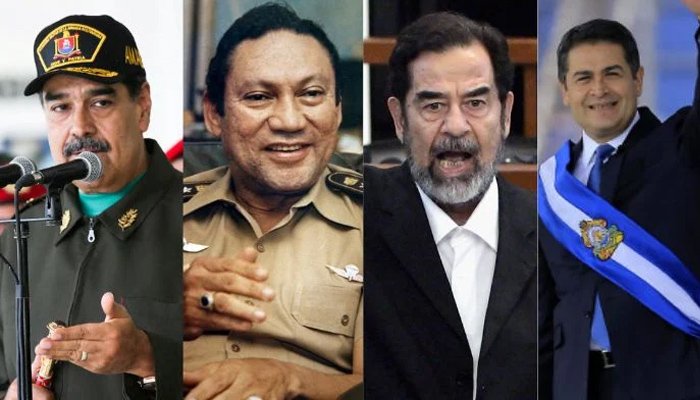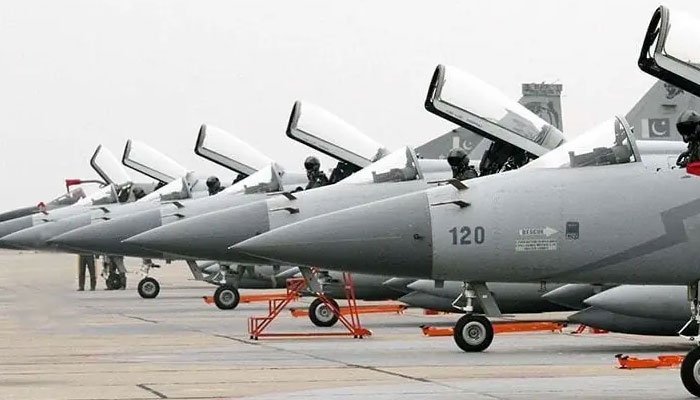US Defense Secretary Fires DIA Chief & Top Military Officers: Here’s Why! In a dramatic reshuffling of the Pentagon’s leadership, U.S. Secretary of Defense Pete Hegseth on Friday removed Lieutenant General Jeffrey Kruse, the Director of the Defense Intelligence Agency (DIA), along with two other senior military officials from their posts.

The move, first reported by Reuters, marks the latest in a series of high-profile firings within the Department of Defense under the Trump administration. While the Pentagon has not released an official reason for Kruse’s dismissal, sources say the decision follows the recent leak of a classified DIA report.
What Sparked the Firing of General Jeffrey Kruse?

According to an anonymous U.S. official, the firings include the Chief of the U.S. Naval Reserve and the Commander of Naval Special Warfare Command, alongside Lt. Gen. Kruse. Their abrupt removal follows the internal circulation — and subsequent leak — of a DIA assessment contradicting President Trump’s public statements on Iran.
The leaked intelligence suggested that U.S. airstrikes on three Iranian nuclear sites on June 22 had only delayed Iran’s nuclear program by a few months, rather than destroying it entirely — directly challenging Trump’s claim of a “total neutralization.”
Following the media coverage of the leak, President Trump lashed out at mainstream outlets like CNN and The New York Times, calling them “fake news” and “enemies of truth.”
Political Fallout and Growing Criticism
U.S. Senator Mark Warner harshly criticized the firings, calling them part of a dangerous trend in which the Trump administration allegedly replaces national security experts based on loyalty rather than competence.

“This is yet another deeply troubling example of politicizing intelligence,” Warner said. “Purging experienced officials sends a chilling message across our national defense institutions.”
This recent round of dismissals adds to a growing list of senior officials pushed out under Trump’s second term. Earlier this year, the administration fired NSA Director General Timothy Hoff and removed dozens of staff members from the National Security Council (NSC).
In February, Hegseth ordered the removal of Chairman of the Joint Chiefs of Staff, General C.Q. Brown, along with five other high-ranking officers, in what experts described as an “unprecedented overhaul of military leadership.”
Adding to the uncertainty, the U.S. Air Force Chief unexpectedly announced early retirement this week, mid-way through his tenure.
Concerns Over Intelligence Independence and Military Morale
Defense analysts warn that such abrupt personnel changes risk weakening institutional memory and could damage the independence of U.S. intelligence agencies. Critics fear a growing culture of fear within the ranks, where officials may hesitate to speak candidly or report facts that conflict with political narratives.
The Defense Intelligence Agency plays a critical role in national security, providing strategic intelligence to senior defense officials and policymakers. Disruptions at this level can hinder decision-making and weaken military preparedness, especially amid heightened tensions in the Middle East.
Politics or National Security?
While the Trump administration defends the reshuffle as part of broader efforts to improve efficiency and loyalty within the Pentagon, critics see it as a purge of dissenting voices. The firing of Lt. Gen. Jeffrey Kruse, in particular, raises serious questions about the balance between political influence and the integrity of national defense.
As the 2026 election cycle approaches, analysts expect more scrutiny of the Trump administration’s handling of military and intelligence institutions — and how these decisions may shape U.S. defense strategy in a rapidly changing global landscape.






